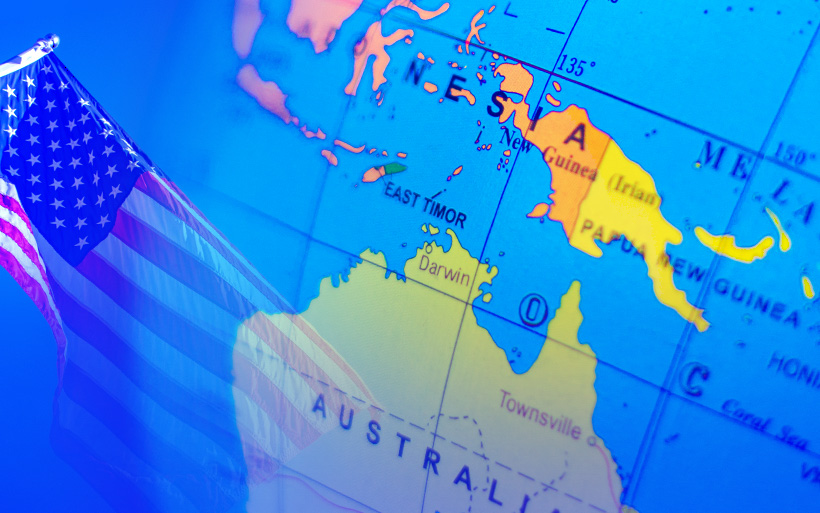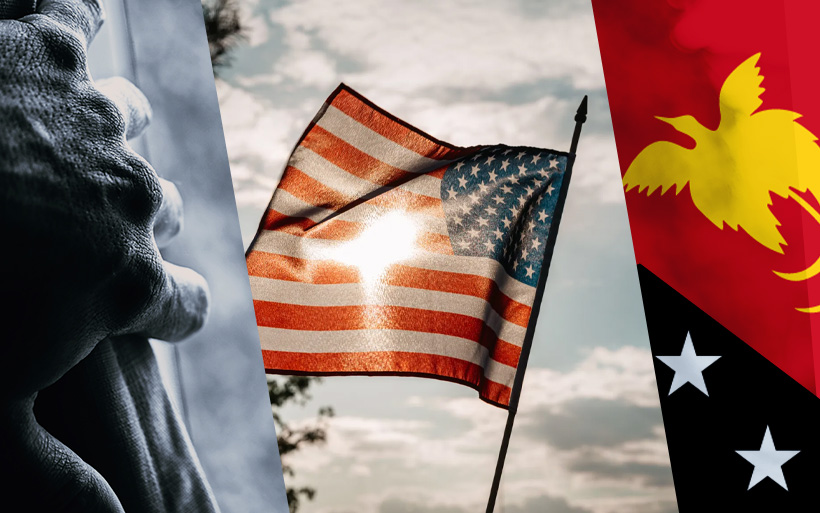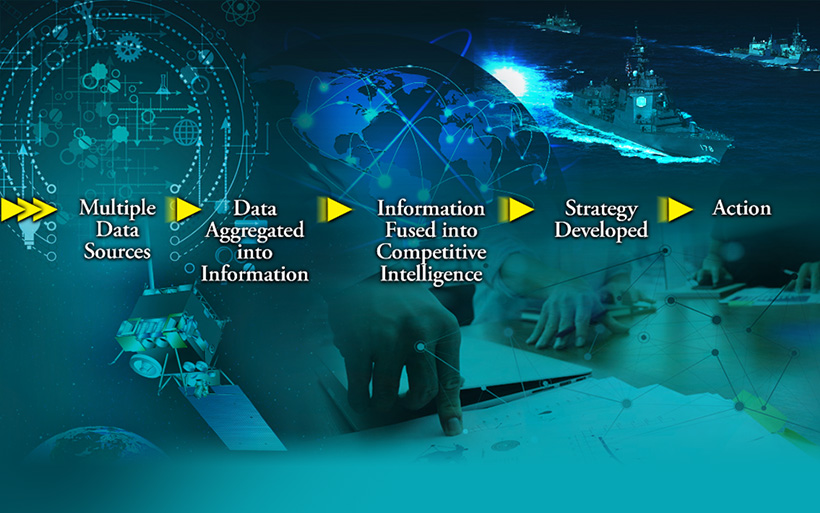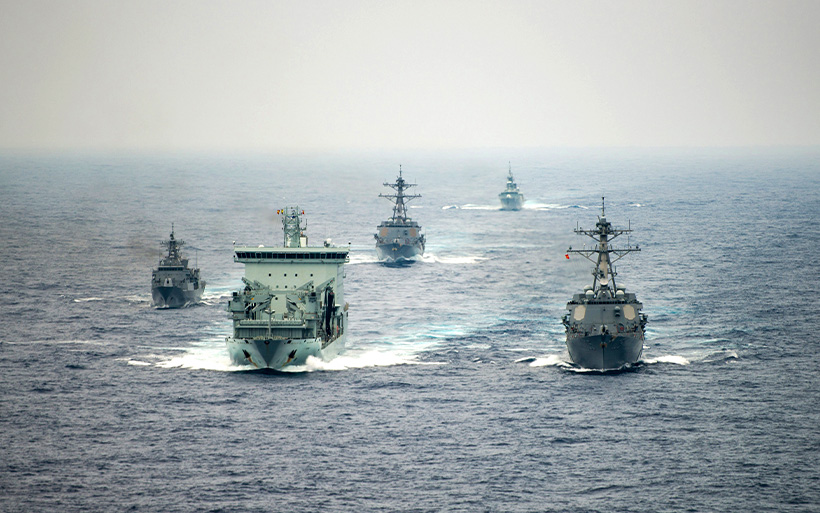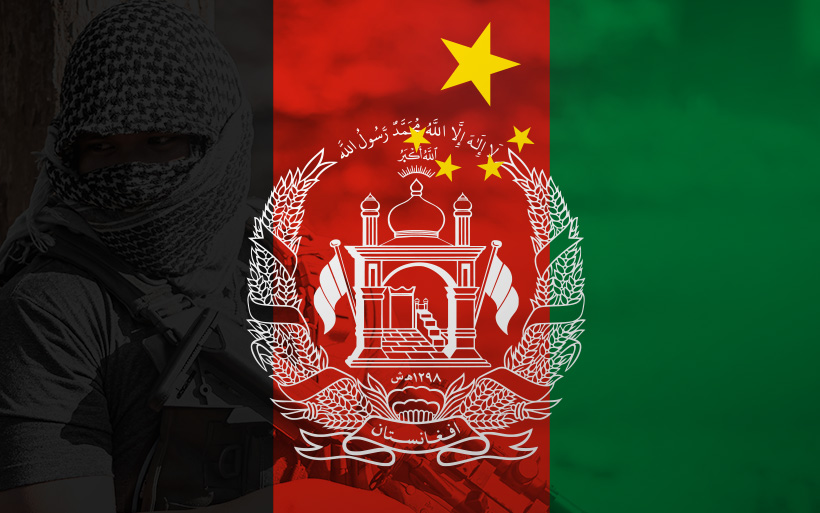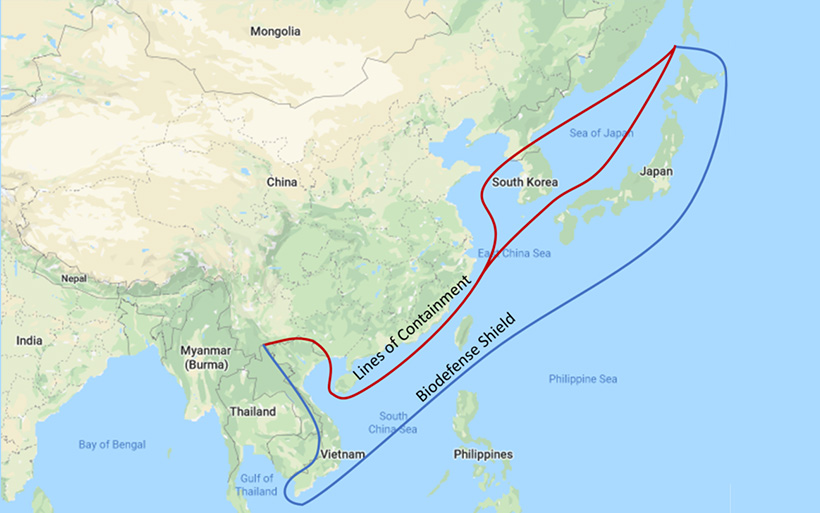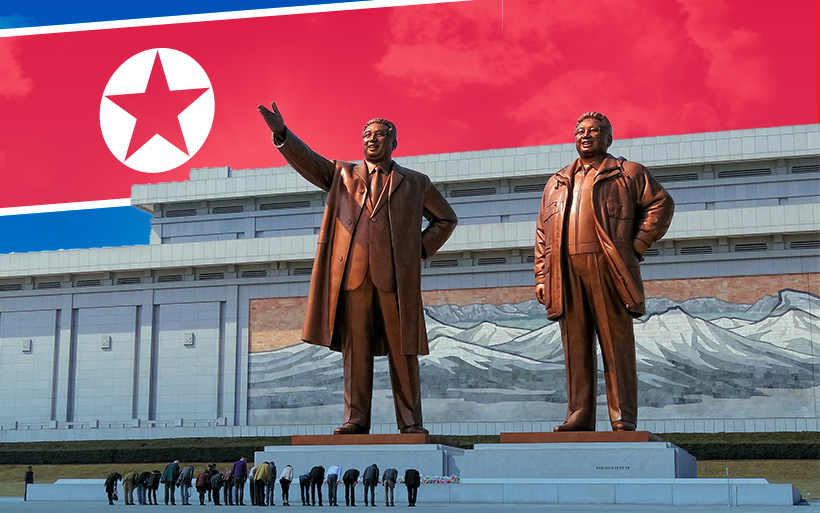Planning for Military Involvement in an Indo-Pacific Pandemic Vaccination Program
“Planning for Military Involvement in an Indo-Pacific Pandemic Vaccination Program” is the title of a paper written by Sebastian Kevany, University of California, San Francisco; Deon Canyon, Daniel K. Inouye Asia-Pacific Center for Security Studies, Hawaii; Robert Ostergard, U.S. Navy (Retired); Michael Baker, U.S. Navy (Retired); Sheena Eagan, East Carolina University and Jacob Baker, Georgetown University, for Security Nexus. This article addresses the pros, cons, and planning of military involvement in an Indo-Pacific Pandemic Vaccination Program. Summary The Indo-Pacific contains most of the world’s population and many frail health systems that may falter when it comes to implementing a vast [...]



